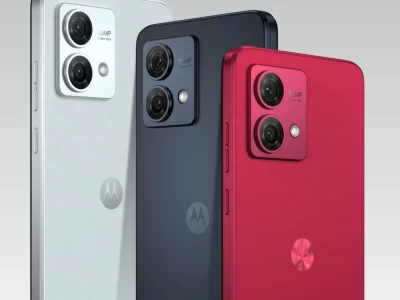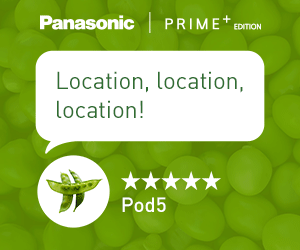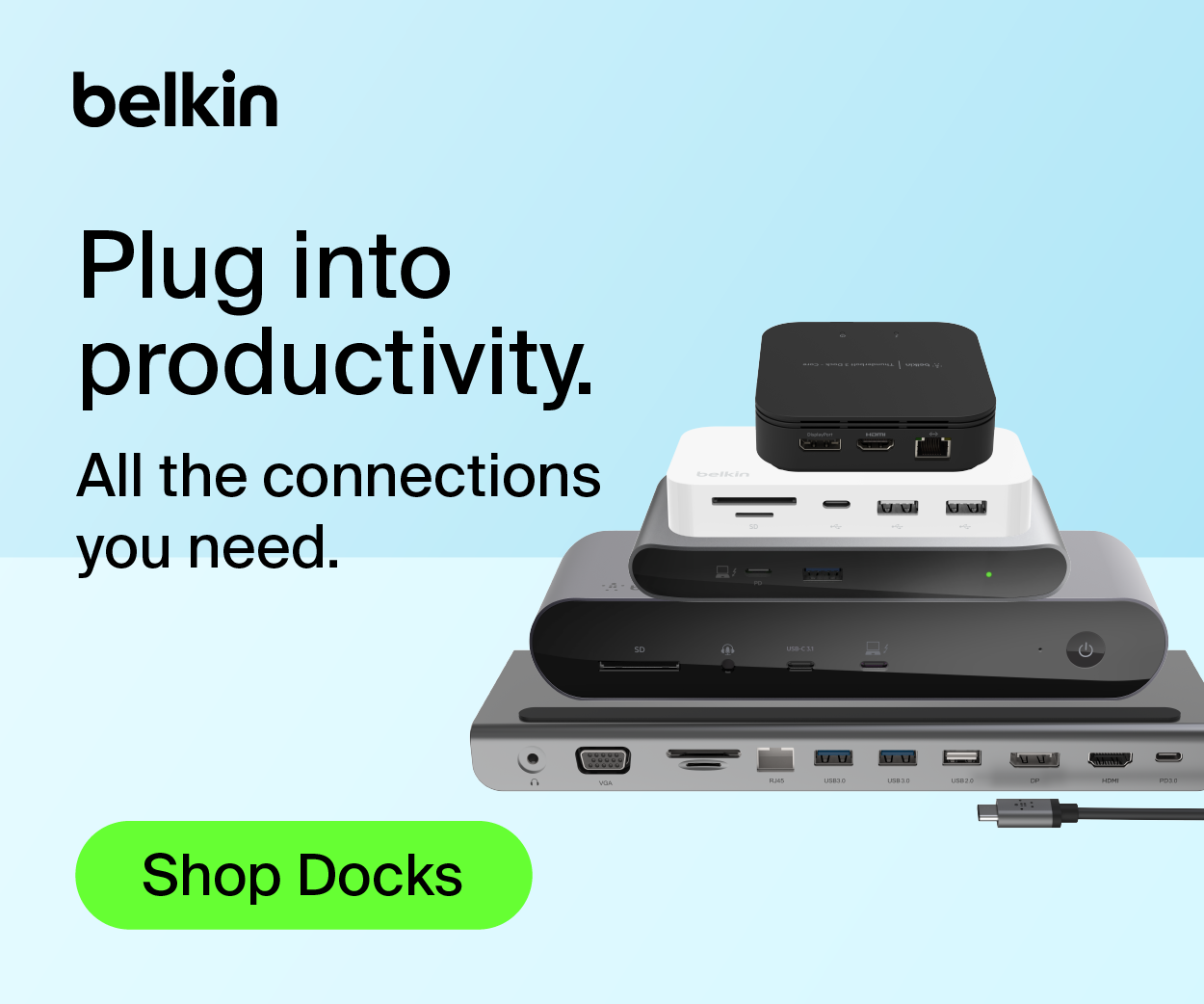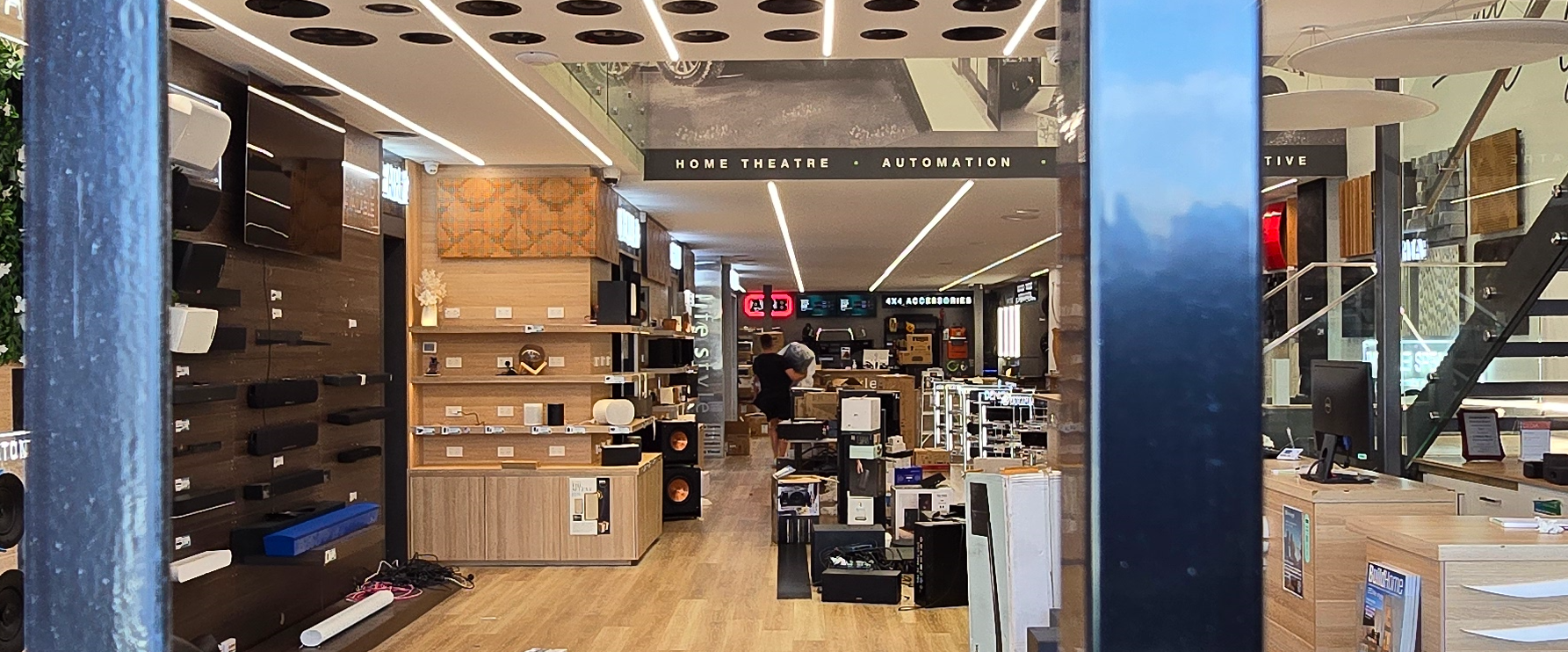Amazon is getting closer to rolling out a new competitor in Australia for the popular Starlink satellite broadband service, which both Optus and Telstra have moved to sell, in what is shaping up to be a battle between Amazon’s Project Kuiper and Elon Musk’s Starlink service.
Struggling with their own rockets to lift their Project Kuiper satellites into space, Amazon has cut a deal with the Elon Musk owned rival SpaceX, for three launches off the back of Musk’s Falcon 9 rocket.
To date, Amazon has faced a series of test failures and other issues with its launch partners, delaying flights of rockets that would lift hundreds of Amazon’s Project Kuiper satellites into orbits around earth.
The deal, which Amazon announced on its own website, will see the e-commerce and cloud-computing giant relying on its main rival to get its own satellite constellation into orbit.
The cost of the deal has not been announced.

Credit: Amazon/Business Wire
When operational both carriers and mobile retailers such as JB Hi Fi could be offering a new level of satellite communication service for both rural and metro broadband users in Australia from both Amazon and Starlink.
The Falcon 9 launches are set to begin in mid-2025 with services rolled out in late 2025 and 2026.
SpaceX’s Starlink already has roughly 5,000 satellites delivering internet service from low-Earth orbit.
Amazon’s own Project Kuiper, which is aiming for a similar business model, recently launched the first two test satellites of its planned 3,236-satellite constellation.
It aims to start beta testing with in the second half of 2024.
At this stage we do not know whether any Australian businesses have signed up for the Amazon service however we do know that both Optus and Telstra have spoken to Amazon as neither carrier has access to SpaceX in a post on X, the social media company formerly known as Twitter, Musk wrote: “SpaceX launches competitor satellite systems without favour to its own satellites. Fair and square.”
Amazon had previously hoped to have its first satellites aloft as early as the fourth quarter of 2022 before a series of testing failures.
Back in 2022 Amazon announced a deal with three launch providers according to Bloomberg, they included the United Launch Alliance, Amazon founder Jeff Bezos’ Blue Origin LLC, and Arianespace, for at least 68 launches (and possibly as many as 83) of the companies’ rockets to get the bulk of the Project Kuiper constellation into orbit.
That deal relies on newly developed rockets, which have yet to fly to space and have suffered from numerous delays.
In a separate deal, ULA’s older, flight-proven Atlas V rocket took Amazon’s first two satellites to orbit in October. The company has eight remaining launches with the rocket, which has been transitioning out of service.














































